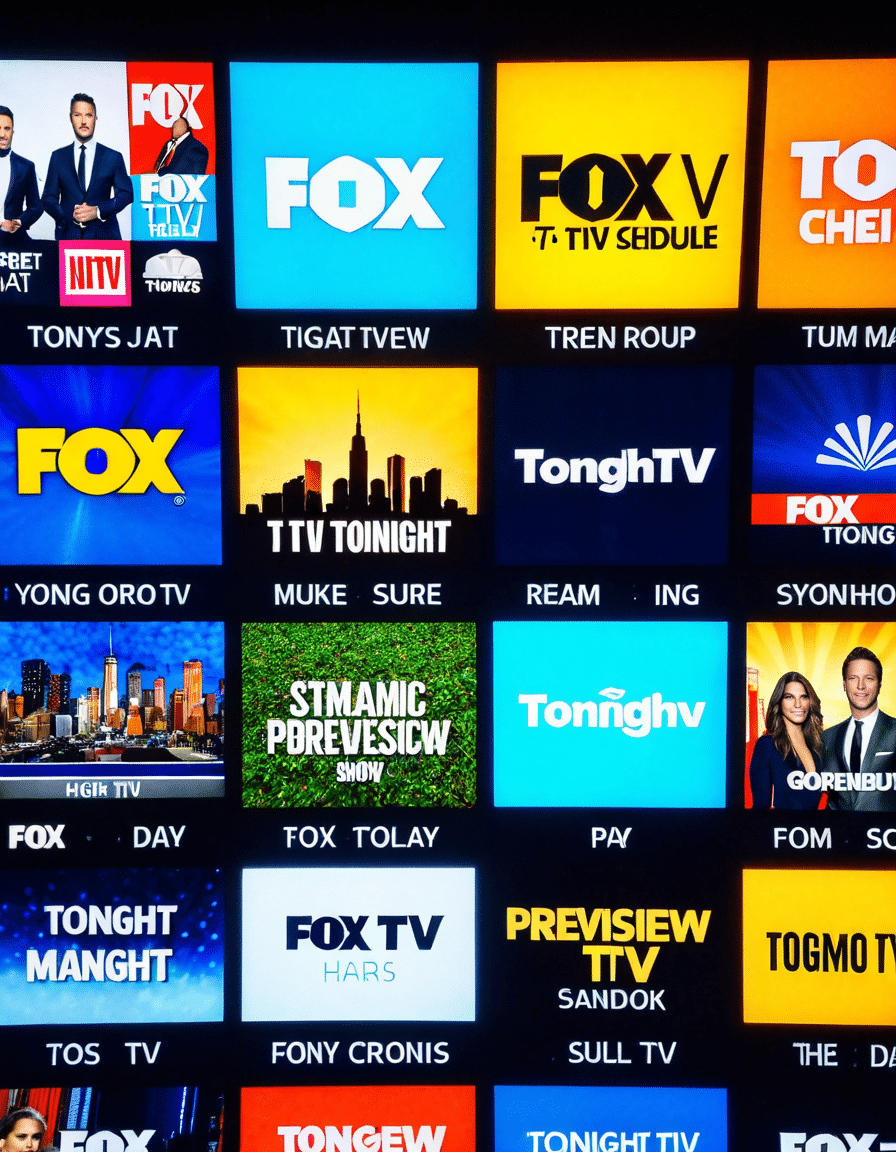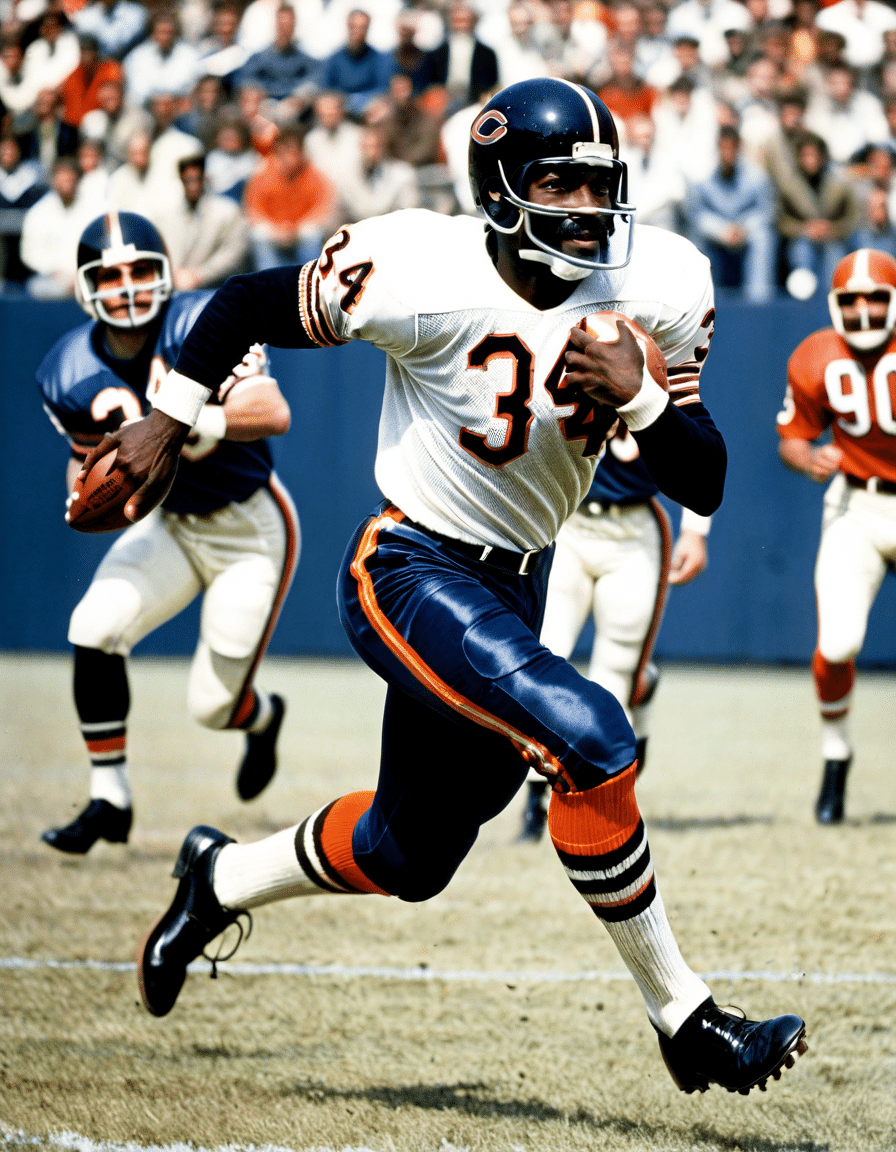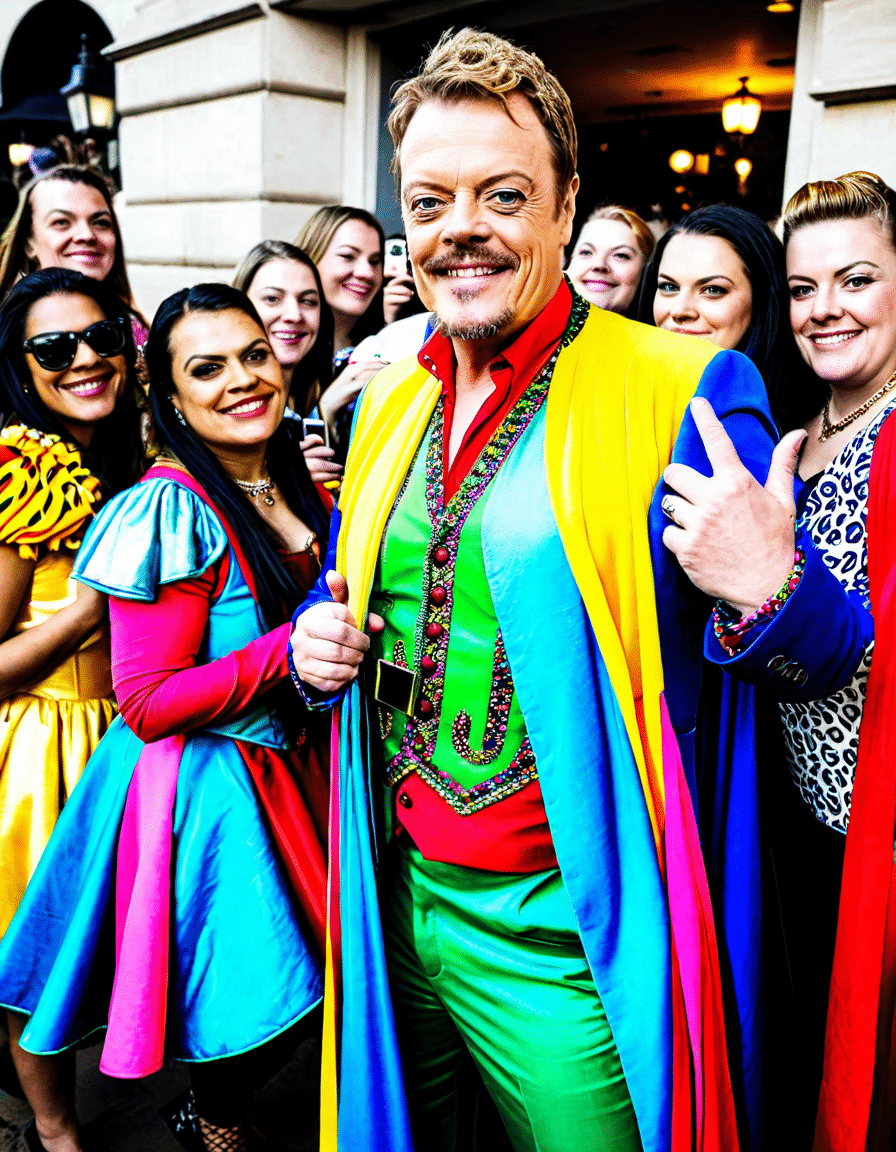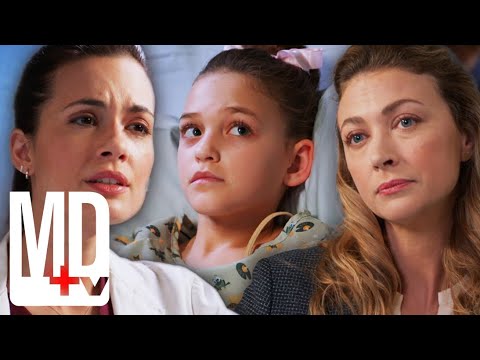
The Evolution of Medical Drama: A Heart-Pounding Revelation in Television
When you think of the medical drama genre, it’s hard not to feel the adrenaline pumping. From the thrilling life-or-death scenarios to the emotional roller coasters that healthcare professionals experience, medical dramas have been a captivating part of our television diet for decades. These shows don’t just aim to entertain; they tackle the nitty-gritty realities of the medical field—patient care, ethical predicaments, and the personal tribulations faced by healthcare heroes—capturing our hearts in the process. So, as we saunter into 2024, it’s time to take a closer look at how this genre has transformed and remained relevant in today’s entertainment landscape.

7 Reasons Why Medical Drama Continues to Dominate TV Screens
Medical dramas like Grey’s Anatomy and The Good Doctor don’t just whip up plots out of thin air; they team up with medical consultants to ensure their portrayals are as accurate as possible. This dedication shines through and allows viewers to build emotional connections with characters who echo the real struggles healthcare professionals face. Talk about relatable!
One thing that sets medical dramas apart is how they evolve their characters like fine wine. Just look at ER—it brought us iconic characters like Dr. Doug Ross (played by none other than George Clooney) and Dr. Mark Greene (Anthony Edwards) as they danced through personal and professional challenges. This depth makes every twist and turn in their stories feel genuine and compelling, pulling us further into their world.
Fast forward to recent series like New Amsterdam, and we see a concerted effort to address contemporary issues. Topics like mental health, health equity, and the lingering effects of COVID-19 take center stage, showing that medical drama isn’t just about the heart-pounding moments; it’s also about relevant societal commentary that sparks real-life conversations.
The genre has increasingly offered a platform for diverse casts and storylines, shedding light on the vast array of patient experiences that healthcare professionals encounter every day. Shows like Chicago Med and The Resident not only promote inclusivity but also foster a sense of belonging for viewers from varied backgrounds.
Let’s face it—technology has revolutionized the way we consume stories, and medical dramas are making the most of it. With tools like augmented reality and 3D animations, shows are vividly illustrating complex medical procedures, making those heart-pounding moments all the more intense. Just take a look at recent episodes of The Good Doctor to feel that pulse racing!
At their core, medical dramas are all about the people. The personal lives of healthcare workers deeply entwined with their medical emergencies serve as the genre’s heart. Look at Grey’s Anatomy: personal crises and romantic entanglements weave amidst the chaos in the operating room, creating a rich narrative that resonates on numerous levels with viewers.
These shows are more than just television—they can inspire awareness and action. By tackling significant healthcare issues, they encourage viewers to engage with their communities. For instance, while watching a tear-jerking episode of This Is Us, many viewers were prompted to reflect on mental health support, increasing awareness and prompting a wave of positive discussions in real life.
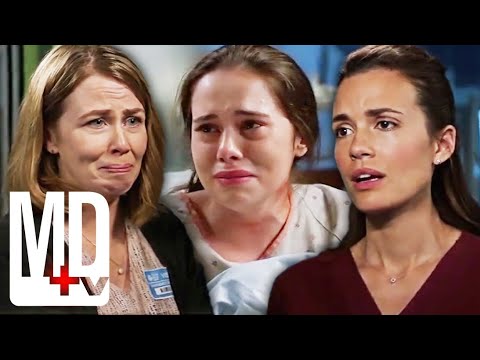
The Impact of Medical Dramas on Public Perception and Awareness
The influence of medical dramas on the public goes beyond mere entertainment; they often shape perceptions of healthcare itself. Research has shown that audiences who tune into these shows tend to have a better grasp of healthcare processes, medication adherence, and even patient rights. For example, The Good Doctor has sparked discussions around autism and the capabilities of individuals on the spectrum, emphasizing representation and empathy within the community.
Furthermore, as these series tackle thought-provoking themes, they stimulate public health conversations. With every episode, viewers become more informed about healthcare disparities, mental health needs, and the vital role of patient advocacy. This surge in awareness inevitably drives demand for transparency and ethical practices within the healthcare system, proving that emotional storytelling can lead to tangible societal change.
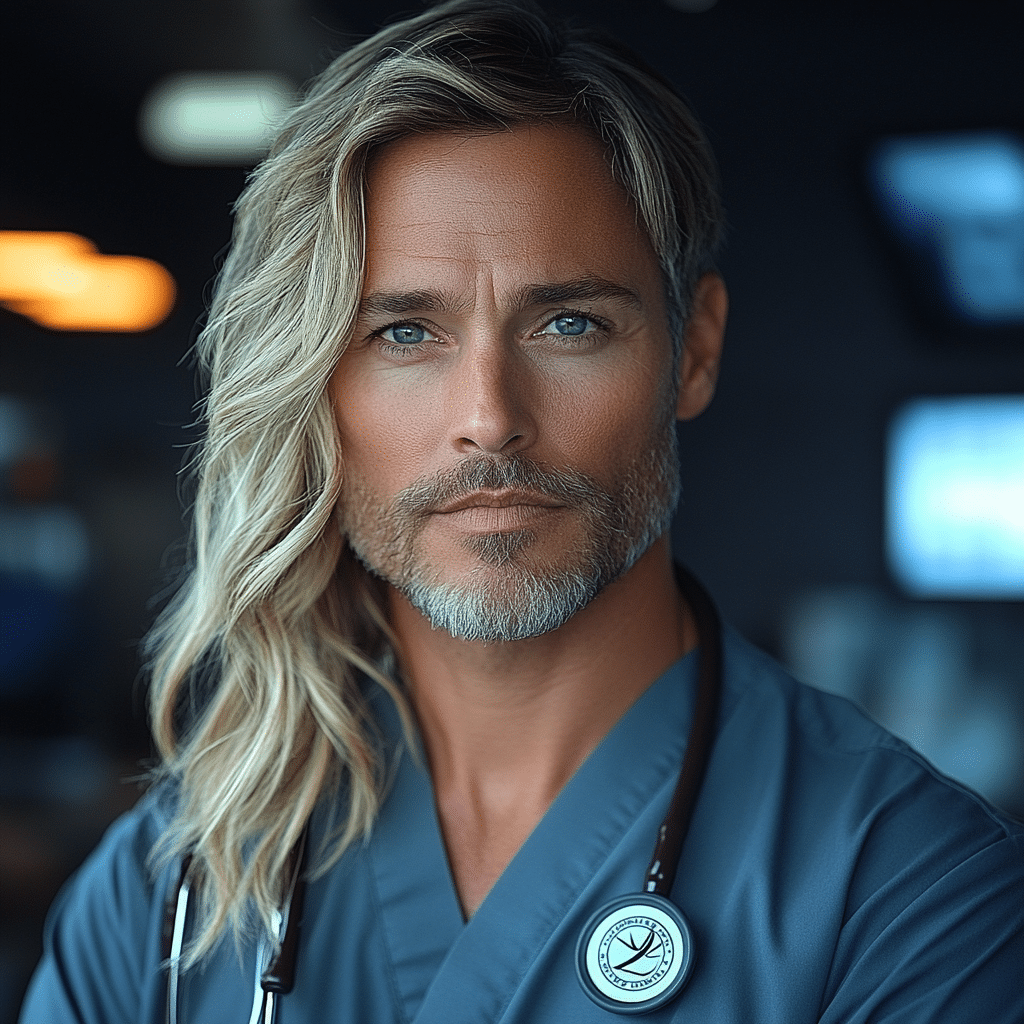
Envisioning the Future of Medical Dramas
Peering into the crystal ball, the future of medical dramas looks promising. As societal consciousness shifts and technology advances, the genre is likely to tackle even deeper issues and provide interactive experiences for audiences. With viewers becoming savvier, these dramas need to balance realism with innovation, all while continuing to engage us emotionally.
Heart-pounding storytelling combined with gripping medical scenarios ensures that medical dramas will keep their esteemed place on our screens. With a commitment to authenticity, representation, and addressing societal issues, iconic shows from the dralist will not just endure—they’re set to thrive and captivate us for many years to come. So fasten your seatbelts, because this ride is just beginning!
In a world that’s as unpredictable as a cliffhanger, medical dramas are here to keep us on our toes, reminding us that life—and the medical field—is fraught with its own unique set of thrills and spills.
The Heart-Pounding World of Medical Drama
The Pulse of Authentic Storytelling
Did you know that medical dramas often rely on real-life medical professionals to ensure authenticity? They offer a window into the high-stakes decisions that doctors face every day—turning everyday procedures into gripping story arcs. For fans of such dramas, the experience can be akin to embarking on your own thrilling adventure, just like the ride experience of Harry Potter And The Forbidden journey, which immerses visitors in a magical world. This kind of realism keeps viewers at the edge of their seats, making them feel every heartbeat along with the characters.
Star Power and Screen Chemistry
Beyond the script’s accuracy, the cast plays a pivotal role in bringing the medical drama to life. Actors like Oliver Platt, known for his ability to infuse warmth and wit into his roles, often find themselves at the center of captivating subplots. These actors don’t just deliver lines; they embody the spirit of their characters, creating connections with the audience. Speaking of unique talents, Ashley Burgos has also been making waves, proving that new faces can shine in this highly competitive genre. Their performances draw parallels to the intricate storytelling seen in Beastars Season 3, showcasing how character development can elevate any narrative.
Fandom and Community Engagement
Fans of medical dramas often gather for events like the Baltimore Comic con, where they can celebrate their favorite shows and interact with fellow enthusiasts. These conventions aren’t just about meeting stars; they foster a sense of community, much like the friendships formed in hospitals depicted on the screen. Moreover, with the emergence of streaming platforms, viewers can easily binge-watch entire series, creating a new culture of appreciation for these stories. Just like Brendan Depas work, which often revitalizes old narratives, medical dramas have a way of engaging folks on a deeper level, offering insights while delivering a hearty dose of entertainment.
Medical dramas, then, blend fiction and reality, with each episode serving as a reminder of both the fragility and resilience of life. So next time you tune in, consider how much effort goes into making those heart-stopping moments feel so real!

What is the most real medical drama?
House M.D. is recognized as the most medically accurate drama, with some doctors admitting they picked up new diagnostic techniques from it during their training.
What is the longest running medical drama in the US?
Grey’s Anatomy kicked off its 21st season recently, making it the longest-running primetime medical show in US television history.
What is the medical term drama?
A medical drama is a type of TV show that revolves around medical settings like hospitals or ambulance crews, focusing on the lives and challenges of those working in the medical field.
Is NBC medical drama canceled?
There hasn’t been any news of NBC’s medical dramas being canceled at the moment, so fans can continue to watch their favorite shows.
Why do people like medical dramas so much?
People are drawn to medical dramas because they mix intense emotional stories with high-stakes situations, offering a glimpse into the world of medicine while keeping viewers on the edge of their seats.
How medically accurate is Grey’s Anatomy?
Grey’s Anatomy’s medical accuracy has been questioned at times, but it does offer some realistic elements; still, it’s more drama than documentary, so don’t take everything at face value.
What was the first popular medical drama?
The first popular medical drama that really made waves on TV was likely M*A*S*H, blending comedy and serious themes during the Korean War.
What hospital show was canceled?
While Chicago Med is a notable hospital show from NBC, some past series have been canceled, like Private Practice, which was a Grey’s Anatomy spin-off.
Are there any medical dramas on Netflix?
You can find several medical dramas on Netflix, including Grey’s Anatomy and a few others that focus on unique medical stories and characters.
What are the five dramas of illness?
The five dramas of illness usually refer to major narratives in storytelling like the hero’s journey, tragedy, or the search for redemption, which often play out in medical dramas.
What is the Seattle based medical drama?
The Seattle-based medical drama is Grey’s Anatomy, which has become iconic and loved by fans across the globe.
What is the difference between trauma and drama?
Trauma refers to physical injuries or emotional wounds, while drama in TV context pertains to stories that evoke strong emotional responses and often deal with conflict or tension.
What is the medical drama series on Fox?
The medical drama series on Fox is The Resident, which dives into various aspects of medical practice and patient care in unique ways.
Why are so many TV series getting cancelled?
Many TV series get canceled due to factors like low ratings, high production costs, or changes in network strategies, leaving fans disappointed but often leading to new opportunities.
What is the new medical series on ABC?
The new medical series on ABC that’s created quite a buzz is an earlier title of the recent Grey’s Anatomy season, so keep an eye out for updates on any new projects from ABC.
What is the real life medical show on Netflix?
The real-life medical show on Netflix is likely “Lenox Hill,” a docuseries following doctors and their patients in a busy New York City hospital.
What was the original medical drama?
The original medical drama that paved the way for many others was M*A*S*H, although it mixed comedy with serious themes during its run.
Are there any real life doctors like House?
While fictional, certain characters like Dr. Gregory House from House M.D. draw inspiration from real-life doctors known for their unconventional methods and brilliant diagnostic skills.
Which is better, ER or Grey’s Anatomy?
Whether ER or Grey’s Anatomy is better really comes down to personal preference; ER is praised for its realism and groundbreaking style, while Grey’s Anatomy is loved for its character development and romantic storylines.





